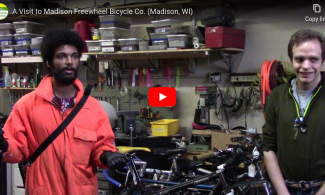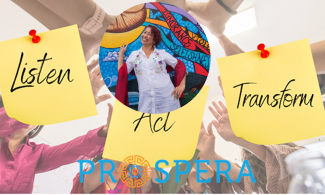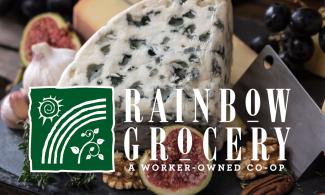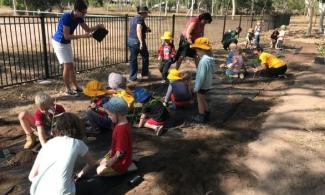The ABCDE of culture change
I am one of the lucky people who learned sociocracy the way a person learns their first language — finding myself immersed in practice. I did not learn it by instruction; I learned it by doing when I joined a self-managed organization that had been running for 15 years and had been doing sociocracy for a while. I did not pay much attention to our governance at first — after all, many things are new when you enter a new organization. I remember, however, the first time I noticed meetings there were different.





